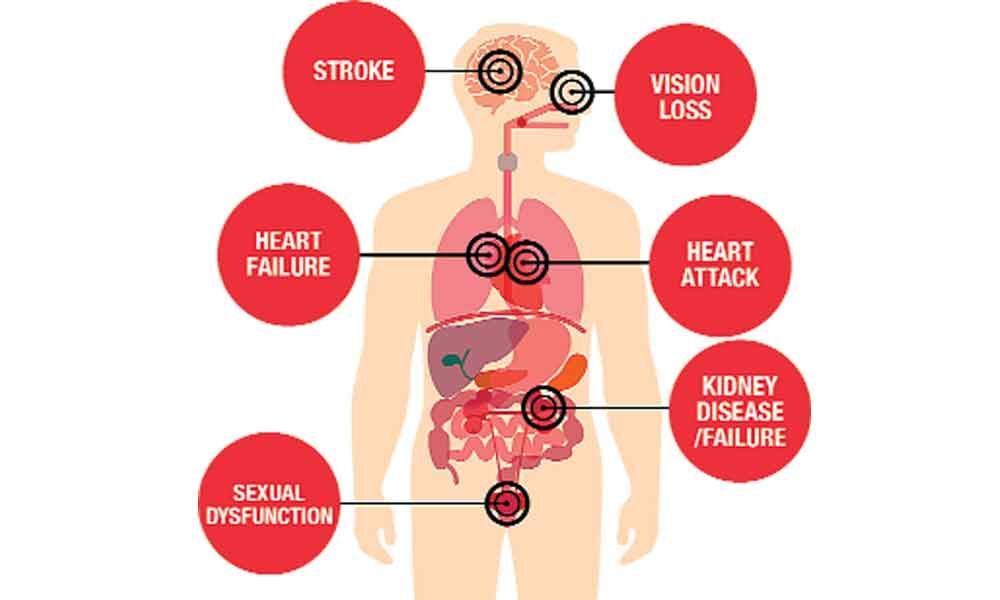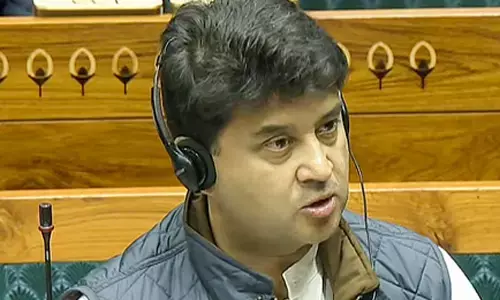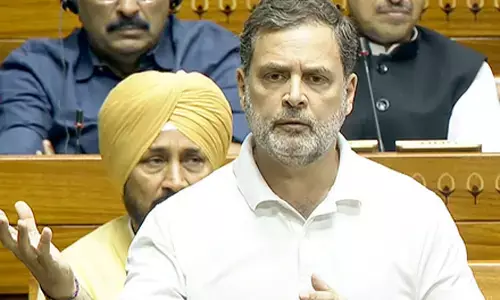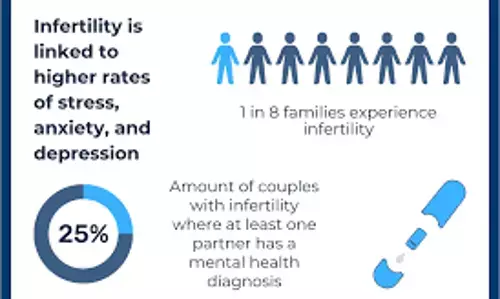An epidemic that feeds on our lifestyles

If we go by the common definition, any disease which affects atleast 10% of the general population is termed as an epidemic. By this definition, hypertension has attained epidemic status in India since the last decade.
If we go by the common definition, any disease which affects atleast 10% of the general population is termed as an epidemic. By this definition, hypertension has attained epidemic status in India since the last decade. According to some recent studies in India, it has been shown that about 33 % urban and 25% rural Indians are hypertensive.
Of these only 25% of rural and 38% of urban hypertensive patients are receiving some kind of treatment. Adequate monitoring of blood pressure with optimal management for hypertension is being received by only 1/10th of rural and 1/5th of urban population in India. Even our educated population fare poorly as compared to the western counterparts in terms of awareness and proper management.
Hypertension in a worldwide problem. It is multifactorial disease where lifestyle and genetic factors play a very important role. It is important to remember that hypertension can be a manifestation of dangerous underlying diseases of the kidneys, glands producing hormones or the vascular system.
All newly diagnosed hypertensive patients need to be evaluated thoroughly for these secondary causes of hypertension. In absence of any identifiable cause, we term it as a case of 'essential hypertension'. Essential hypertension is the most common cause of hypertension. It accounts for more 75% of general population and more 90% in elderly population.
Lifestyle factors directly related to hypertension are sedentary lifestyle, smoking and chewing tobacco, diets rich in salt and fat, obesity, drug abuse, lack of sleep, chronic stress etc. Hypertension is directly responsible for 57% cases of stroke (bleed or clot in brain) and 24% of heart attacks. The WHO rates hypertension as one the most common cause of premature death worldwide.
A COMMON MYTH
One of the common myths about hypertension is that it causes gross symptoms like headaches, bodyaches, giddiness, lack of sleep, anxiety etc. The reality is that hypertension in predominantly a silent killer like diabetes. Hypertension is mostly diagnosed incidentally. Hence annual check-up of your blood pressure, blood sugar and cholesterol is mandatory for everyone after 20 years of age.
Hypertension for prolonged period can cause organ damage and the patients will start to manifest symptoms of kidney failure, heart or brain damage etc. Hence, routine check-up can pick up hypertension early so that the vicious cycle resulting into organ damage can be prevented.
CHANGE IN LIFESTYLES
Once hypertension is diagnosed, he/she has to be evaluated to rule out secondary causes of hypertension. They should be advised proper lifestyle changes like low salt diet, daily exercise, quitting smoking and drugs, proper sleep and meditation (or psychiatric counselling) to reduce mental stress.
Proper lifestyle changes have been shown to reduce systolic blood pressure by about 10-15 mm Hg. If medicines are prescribed, then BP has to be strictly monitored at home. One has to use proper technique for Home BP monitoring, which has to be properly explained to the patient. Usually the patients complain about the seemingly erratic readings of the BP apparatus, but the reality is that most of the time we do not use proper technique to measure it.
GO FOR ROUTINE CHECK-UP
Hence, early diagnosis through routine annual check-up and proper management of hypertension is paramount to the long term well being of the patient. It is not a difficult task and the only thing that is lacking is proper awareness in the general population regarding the diagnosis and proper management of hypertension, and the risks posed by untreated hypertension.
This should be our sole motto for 'World Hypertension Day'. (Writer is Consultant Interventional Cardiologist, DM (Cardiology), Continental Hospitals, Gachibowli
By Dr Abhisekh Mohanty








